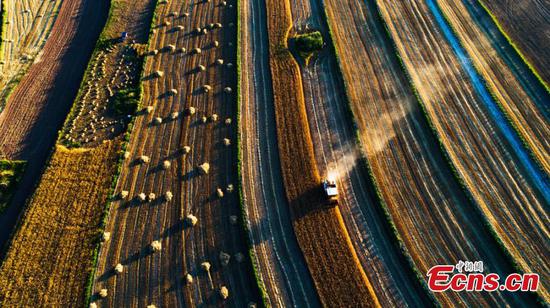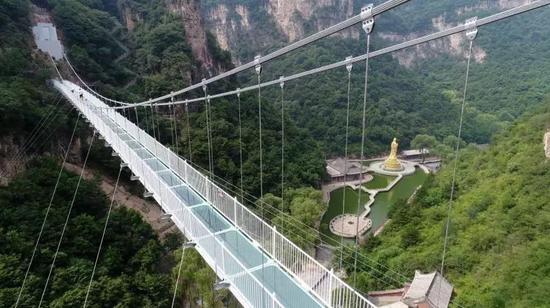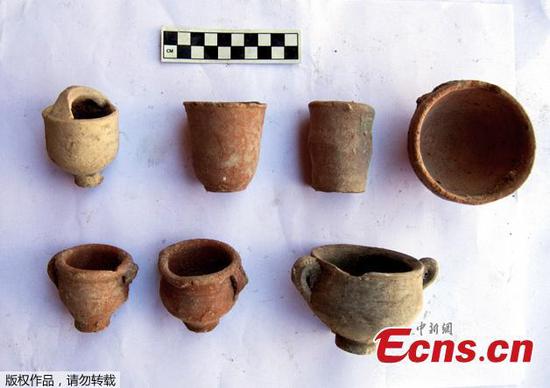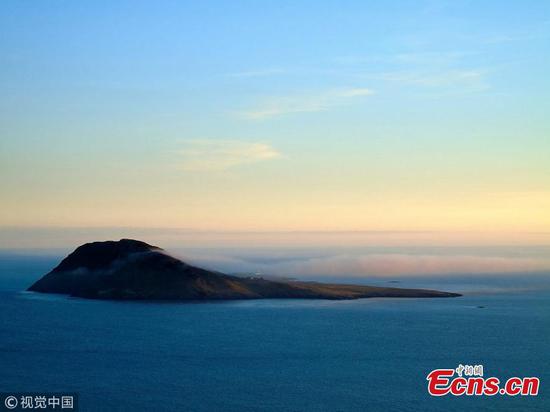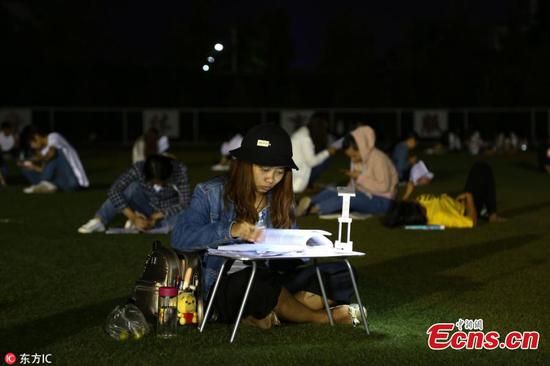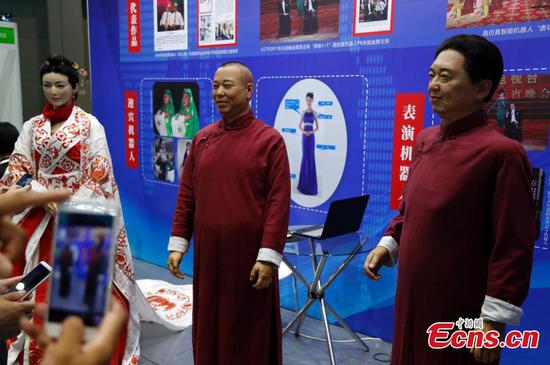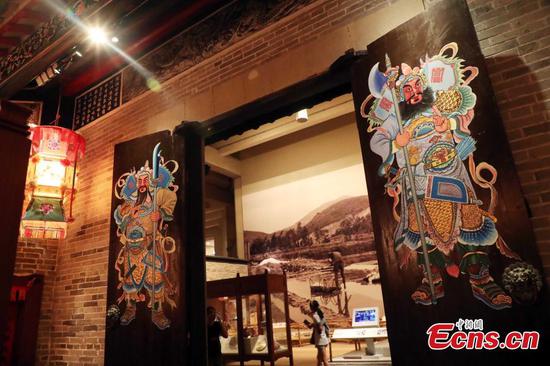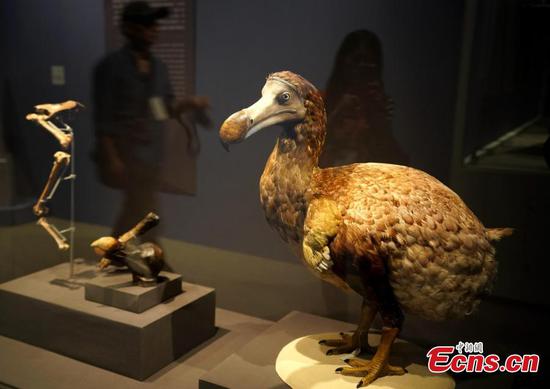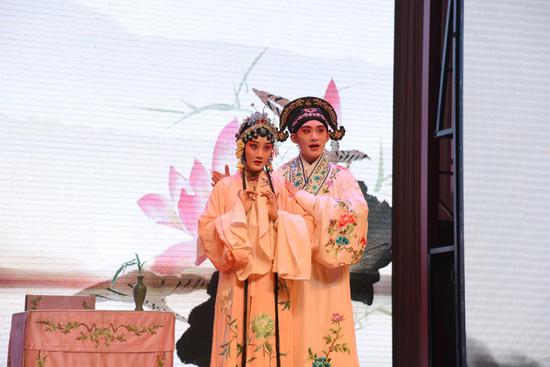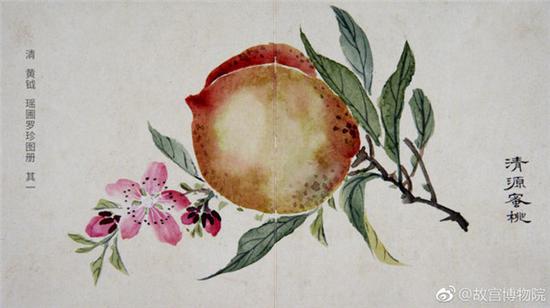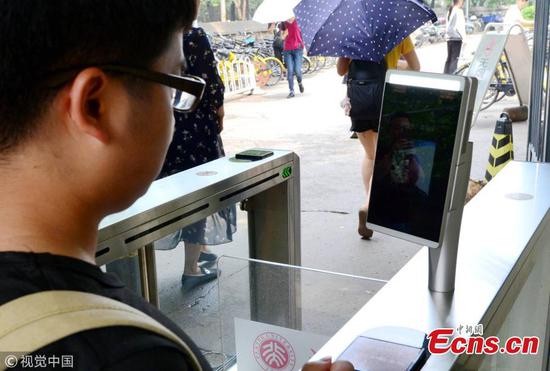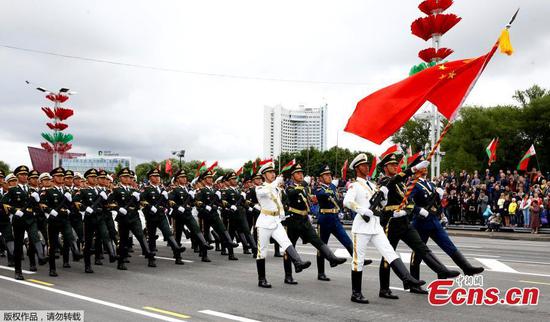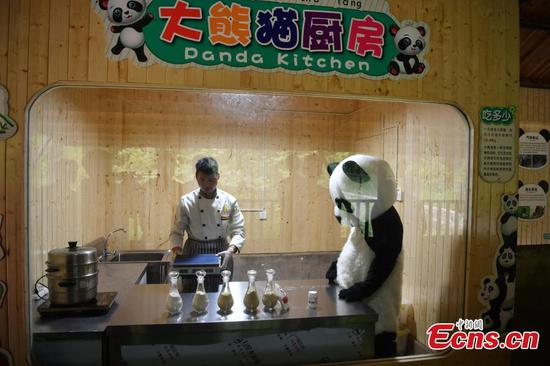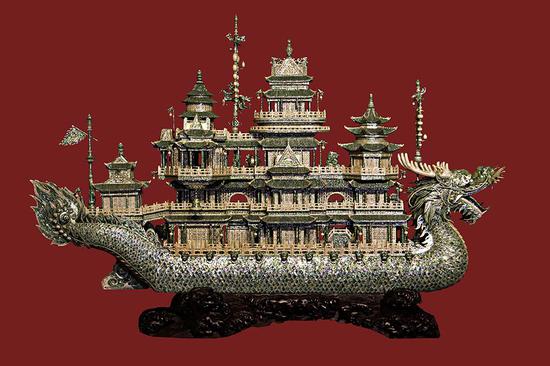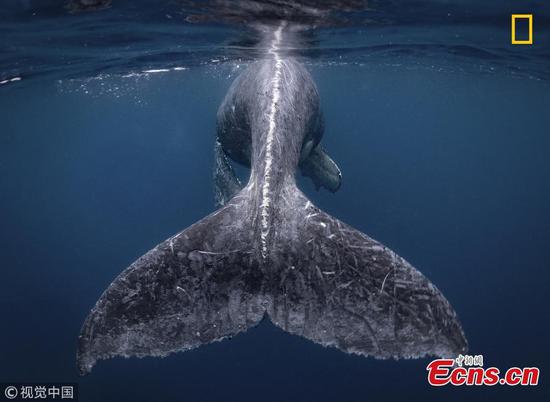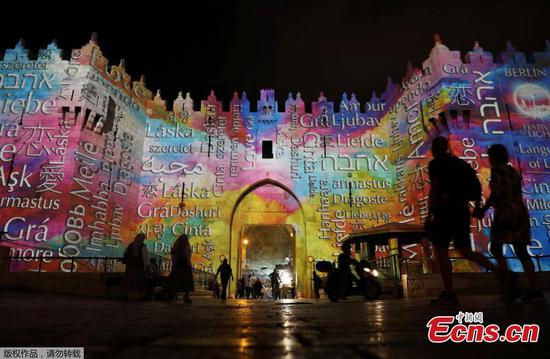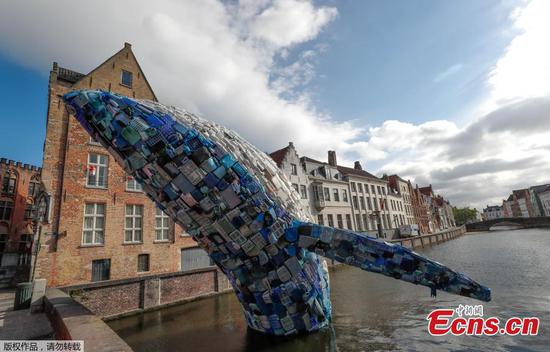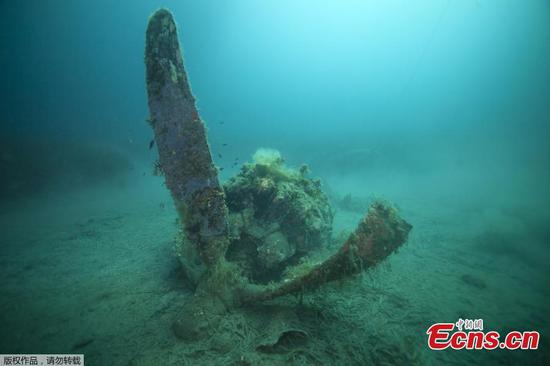Djibouti FTZ starts, can handle trade worth $7 bln in 2 years
Positioned as the largest free trade zone (FTZ) in Africa, the China-established Djibouti FTZ is expected to open on Thursday, attracting wide attention in the country strategically positioned in the China-proposed Belt and Road initiative.
The zone's first phase, a 2.4 -square-kilometer area that includes a logistics park, an area for processing export products and a services center, will begin operating on Thursday.
The park is expected to handle trade worth $7 billion within two years.
With an initial investment of $340 million, construction began in January 2017 and over 20 Djibouti and Chinese companies signed letters of intent to open an office at the park, and over 30 companies are negotiating similar letters, according to a statement the China Merchants Group Limited (CGM), a co-founder of the park, sent to the Global Times.
The free trade zone is a "touchstone" of whether Djibouti can become Africa's commerce, trade and travel hub, Meng Guangwen, a professor specializing in free trade zone studies at the Tianjin Normal University, told the Global Times.
"Aside from its strategic international trade location, the country has very few natural resources and infrastructure to attract foreign investors. The free trade zone, with extensive policy support, could set an example of how Chinese enterprises run their business in the region," Meng said.
The zone is significant to Djibouti's companies and companies in other African countries, as it can show what they can do and how they could realize win-win cooperation with Chinese companies, Babara Manzi, UN resident coordinator of Djibouti, told the Global Times on Wednesday.
China's investment in Djibouti has brought visible changes to the country, such as in infrastructure and employment, and there's more to come, Manzi said.
More private small and medium-sized enterprises are expected to come and provide more jobs and experience to boost the country's development, Manzi noted.
Companies located in the park can enjoy tax breaks, according to the CGM statement.
Though a small country, Djibouti is strategically located facing the Gulf of Aden.
China opened its first overseas logistics supply base for the Chinese navy in Djibouti last year.
Not a white elephant
Volume of China's investment in Djibouti has been rising. Chinese projects include a water pipeline from Ethiopia, a railway to Addis Ababa and a new international airport 25 kilometers south of its capital.
Western media has recently expressed concerns over the risks of investing in a country with an underdeveloped infrastructure, immature business environment and political risks, saying that investing in Djibouti could be a "white elephant" for China due to large costs and risks with few returns.
"CGM's investment in the region will not be a white elephant. For a listed company, profits are always a priority and studies have shown that the zone is a profitable project," China Merchants Port Holdings Company's Wu Xuan told the Global Times on Wednesday.
Wu said the company also regards the challenges as an opportunity to showcase its social responsibility, as every investment not only generates profit but also improves the local people's lives.
By 2025, the zone is expected to create over 50,000 jobs, and surpass 100,000 jobs in 2045, or one-sixth of the country's labor force, the CMG statement said.
While risks always exist, it's important to manage the risks and ensure that all parties involved benefit, Manzi said.
The park is also a safe haven for Chinese investments, as the Djibouti leadership's courageous policies toward Chinese investors have shown, she said.
The government of Djibouti set aside 48.2 square kilometers of land, 10 percent of the country's available real estate, to develop the international free trade zone that features manufacturing, transport and warehouse facilities.
For China, investing in Djibouti means better access to opportunities in Africa, which is home to several promising emerging economies, Meng said.
It also satisfies China's strategic need for energy security and to build the image of a responsible country, Meng added.
China's non-intervention policy also assures the government of Djibouti of more mutually-beneficial cooperation, as the investment is politics-free, Meng stressed.









